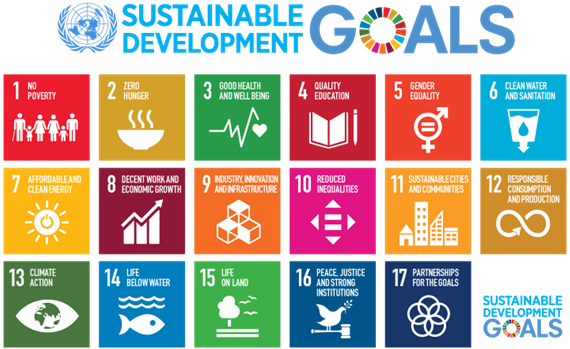

22nd April 2022 (7 Topics)
Context
NITI Aayog and UNICEF India recently signed a Statement of Intent (SoI) on the Sustainable Development Goals (SDGs) with a focus on children.
About
Key Point:
- This child-focused SDG initiative builds on India’s effort of monitoring progress through the SDG India Index and Dashboard which continues to be a unique data-driven initiative for triggering policy action.
- This new initiative with UNICEF is built on the ethos of SDG attainments for children and ensuring that no child is left behind.
- To achieve the child development priorities under the SDGs, UNICEF India and NITI Aayog are developing a comprehensive measure to understand the multi-dimensional attainments and deprivations among children across health and nutrition, education, water and sanitation and household living standards.
- The collaboration between NITI Aayog and UNICEF India will draw up the methods, technical analysis, reporting, and action planning for the first report on the ‘Status of India’s Children’ with a focus on the multi-dimensional aspects of child development like health, education, nutrition, protection, and other relevant areas.
- This project will undertake a whole-of-society approach of involving all stakeholders ranging from Union Ministries, State Governments, Civil Society Organizations, and child rights collectives.
About Sustainable Development Goals
- In September 2015, the General Assembly adopted the 2030 Agenda for Sustainable Development that includes 17 Sustainable Development Goals (SDGs).
- Building on the principle of “leaving no one behind”, the new Agenda emphasizes a holistic approach to achieving sustainable development for all.

|
United Nations Sustainable Development Goals (SDGs)
|


